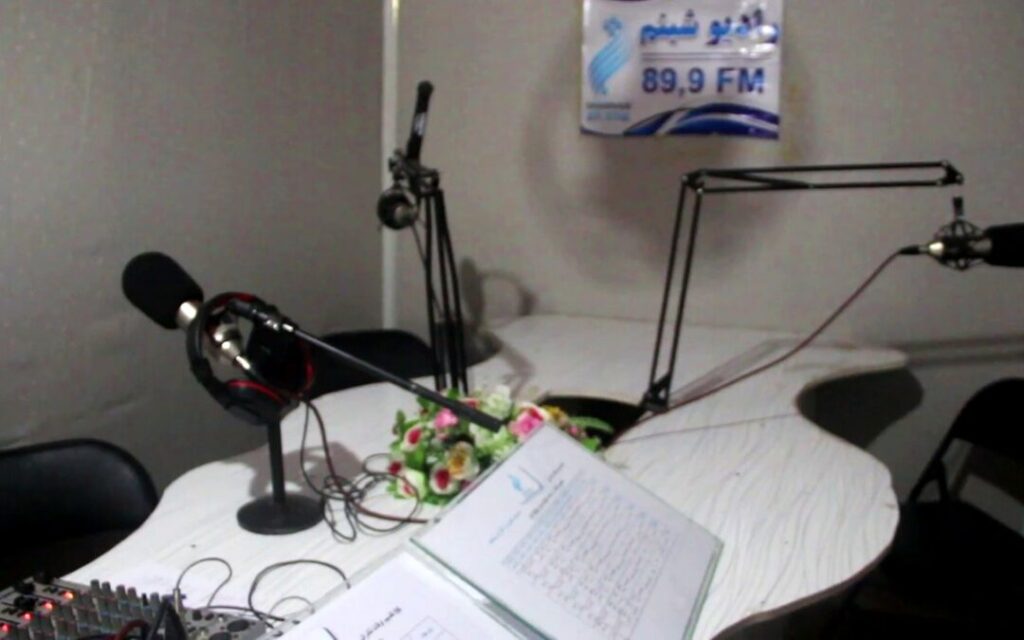A number of journalists in Afghanistan report increasing difficulties in accessing information and contend with numerous restrictions on their work, highlighting a growing concern for press freedom in the country.
In many instances, Taliban spokespersons outright refuse to provide information to reporters, adding layers of challenges to news gathering and report preparation, journalists said.
“When incidents occur and we reach out to Taliban spokespersons, our calls go unanswered, presenting numerous challenges and problems for journalists,” said one journalist, who wished to remain anonymous due to safety concerns.
Ahmad Qureshi, head of the Afghanistan Journalists Center, noted a significant deterioration in the conditions for media operations and journalists’ rights over the past year.
Despite Afghanistan’s media law and the law on access to information, the Taliban has implemented at least 17 directives that severely limit journalistic freedoms, according to Afghanistan Journalists Center.
“The situation for media in Afghanistan and the working conditions for journalists are unfavorable. Unfortunately, these directives serve as the Taliban’s policy, fundamentally altering the landscape for free press,” Qureshi explained.
Adding to the concerns, the Taliban’s Ministry of Communications and Information Technology announced plans to restrict access to Facebook, a move critics argue infringes on freedom of expression and will significantly limit public access to information.
The decision has sparked outrage among Afghan citizens, who argue that implementing such restrictions would further isolate the population from global discourse and access to unbiased information.
In its January report, Reporters Without Borders identified Afghanistan, along with Russia and Vietnam, as one of the most challenging countries for journalists. The report highlights the risks journalists face, including arrest and imprisonment on charges of espionage.
Furthermore, Reporters Without Borders has documented a steep decline in media operations since the Taliban’s ascension to power, with 547 media outlets ceasing operations, including 80 television networks, 137 radio stations, and 13 news agencies. The crackdown has disproportionately affected female journalists, many of whom have been forced out of work.





